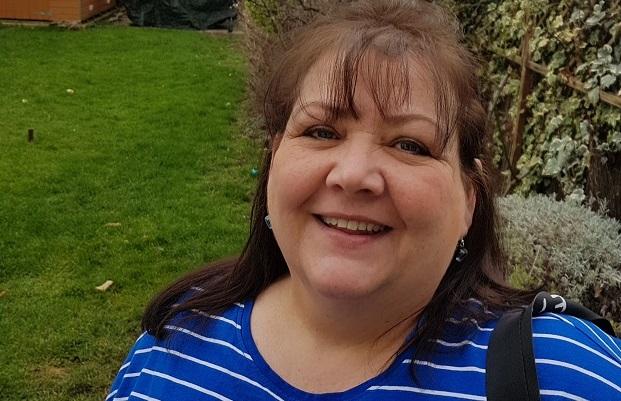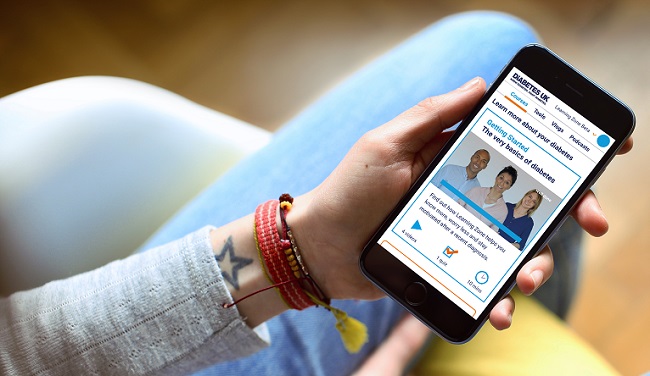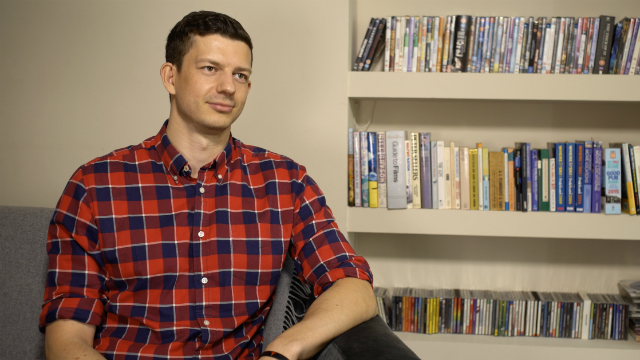
Sara
Diagnosed in 2015.
Sometimes, you just need some comfort. Some motivating words saying you’ve done well – to let you know that it’s not an easy ride, and you can do it. If you fall off the wagon, you can pick yourself up.
Sara works in a hospital and lives in Southend. Diagnosed with type 2 diabetes in 2015, she’s been determined to control her condition by diet and physical activity rather than take metformin. However, being told at diagnosis that one day she’d end up on diabetes medication has always been a worry to Sara.
Although she gets a lot of support from her family, Sara doesn’t want to burden them, but struggles with feeling burnout, which can impact on her ability to manage her condition. Sara would like the opportunity to talk to her doctor about how she’s feeling, as well as to someone outside the family, and recognises the gaps in emotional help for people, like her, who have Type 2 diabetes.





